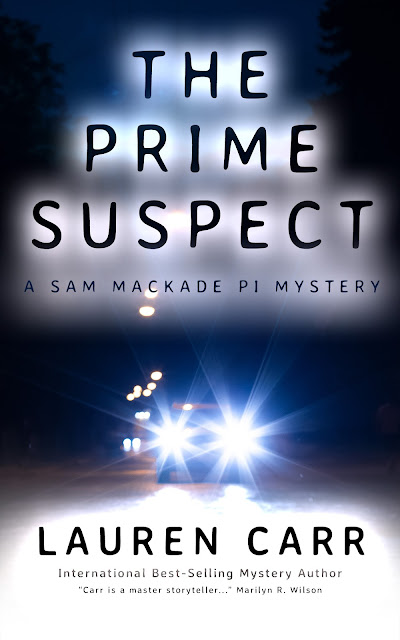Scholastic Inc
ISBN: 978-0439023528
Published September 14, 2008
Trade Paperback, 384 pages
This book captivated me from the first paragraph. Gripped me and caught me off guard. It permeated my every thought, my dreams, my imagination, my creative thought process. It’s been awhile since a book did that to me. After I turned the last page, I took a deep breath absorbing the full impact of the book’s theme, its implications, its meaning and its ending. I went to the library (okay I ran) and picked up the second book in this trilogy, Catching Fire. I needed to know how it continued.
I don’t usually read books with violence or that are considered sci-fi genre. But this book is unlike any I have ever read—the setting of a dystopian world with its thought-provoking themes of governmental control and personal independence. For those of you unfamiliar with the term dystopia, according to Wikipedia, in literature it often refers to a futuristic society that has degraded into a repressive and controlled state, though under the guise of being utopian. Think of Nineteen Eighty-Four by George Orwell (which I found depressing and hated reading in high school) and Fahrenheit 451 by Ray Bradbury. I did not think, however, that The Hunger Games was depressing.
The story is narrated in the first person POV, which I thought brilliant, immersing the reader deeply into the world of 16 year-old Katniss Everdeen. She lives in the nation of Panem, which lies in the ruins of a place once known as North America. It is governed by the prosperous and controlling Capitol surrounded by twelve outlying districts. Every year, to remind and punish its people for their former rebellion, it forces each district to send one boy and one girl to participate in the horrific Hunger Games, a fight-to-the-death on live TV with only one winner.
When Katniss’ sweet twelve year-old sister Prim is chosen to go, Katniss volunteers to take her place. Katniss has been hunting in the forbidden woods and providing for her starving family since their father died five years ago, and her survival instincts come into play when she ends up in the arena fighting to live. This part of the book is so suspenseful, filled with action and plot twists. A romantic triangle is also introduced that plays well with the overall main theme. Collins creates a believable world and the characters are unique and unforgettable, especially Katniss and Peeta, the boy who is chosen to go to the Hunger Games with her. However, she has a lot to learn about moral integrity. I also caught the tone of mockery when the Capitol characters were introduced with their outrageous fashions and outlandish tastes representing no doubt some of the disconcerting and amoral behavior of our own societies.
Although this book is meant for teens, I personally feel it is not appropriate for all young adults, especially those sensitive by nature. The violence is not too descriptive or gory, but it is psychologically disturbing and can be terrifying. I felt the author did not include it for the reader’s entertainment but as a theme explored along with oppression, hunger, voyeurism, fighting for what is right and family loyalty and love. It’s a wake-up call for our North American youths who are so distracted by entertainment, education and their own small worlds that they fail to see the present condition of our own degraded world. Dystopia and extreme violence do exist today in some countries as it did during the Nazi Regime. But in the end, the question remains, is it right to viciously kill another person to stay alive? Who are we accountable to for our actions?
Of course, there are unsettling parallels to our present society, from the government to the disturbing reality TV shows. It’s true that the book is fictional but the underlying message is clear. The Hunger Games trilogy depicts what a society can become and makes us question our involvement in pursuing peace and love or warfare and hatred. As in most sci-fi books, no mention of a God or Superior Being is mentioned or alluded to anywhere in the story. For a Christian who believes that God will bring about paradisiacal conditions governed under the rule of Christ, this book’s themes only reinforce the need for divine intervention. All in all, a very powerful read that would make an excellent book club selection. I can clearly see why it is a bestselling novel!
Disclosure: I bought this book at Costco. I was not told how to rate or review this product.







Your disclaimer made me smile since you even told us where you got it.
ReplyDeleteThis sounds very intriguing. Thank you for recommending it!
I'm beginning to think I'm going to be the last person in the world to read this book. Everyone seems to love it. I'm half afraid to read it now.
ReplyDelete@bermudaonion
ReplyDeleteI think you can handle it!
Great review. I felt the same way. I've just finished Catching Fire and loved it too. Can't believe I waited this long to read the series. But at least we get to read the books all together now, without having to wait a year in between!
ReplyDeleteYes, Nicole. Once we finish one book, we can easily run out and get the next one! I am almost finished Catching Fire.
ReplyDelete